- special reduced price € 10
until 22 May, applicable to all exhibitions currently on view, due to the rearrangement of selected galleries and the implementation of energy efficiency improvements to the buildings
- open € 18
valid for one year from the date of purchase
- free
– minors under 18 years of age;
– myMAXXI cardholders;
– on your birthday presenting an identity document;
– upon presentation of EU Disability Card holders and or accompanying letter from hosting association/institution for: people with disabilities and accompanying person, people on the autistic spectrum and accompanying person, deaf people, people with cognitive disabilities and complex communication needs and their caregivers, people with serious illnesses and their caregivers, guests of first aid and anti-violence centres and accompanying operators, residents of therapeutic communities and accompanying operators;
– MiC employees;
– journalists who can prove their business activity;
– European Union tour guides and tour guides, licensed (ref. Circular n.20/2016 DG-Museums);
– 1 teacher for every 10 students;
– AMACI members;
– CIMAM International Committee for Museums and Collections of Modern Art members;
– ICOM members;
– from Tuesday to Friday (excluding holidays) European Union students and university researchers in art history and architecture, public fine arts academies (AFAM registered) students and Temple University Rome Campus students;
– IED Istituto Europeo di Design professors, NABA Nuova Accademia di Belle Arti professors, RUFA Rome University of Fine Arts professors;
– upon presentation of ID card or badge: Collezione Peggy Guggenheim a Venezia, Castello di Rivoli Museo d’Arte Contemporanea, Sotheby’s Preferred, MEP – Maison Européenne de la Photographie;
Casa Balla | until 27 April 2025
- full price ticket € 18
- reduced price ticket € 15
for groups of 12 people in the same tour; myMAXXI membership card-holders; registered journalists with valid ID
- reduced price ticket € 12
under 14 years of age
- free ticket
disabled people + possible accompanying person; minors under 3 years of age (ticket not required)
Collection
MAXXI’s Collection of Art and Architecture represents the founding element of the museum and defines its identity. Since October 2015, it has been on display with different arrangements of works.
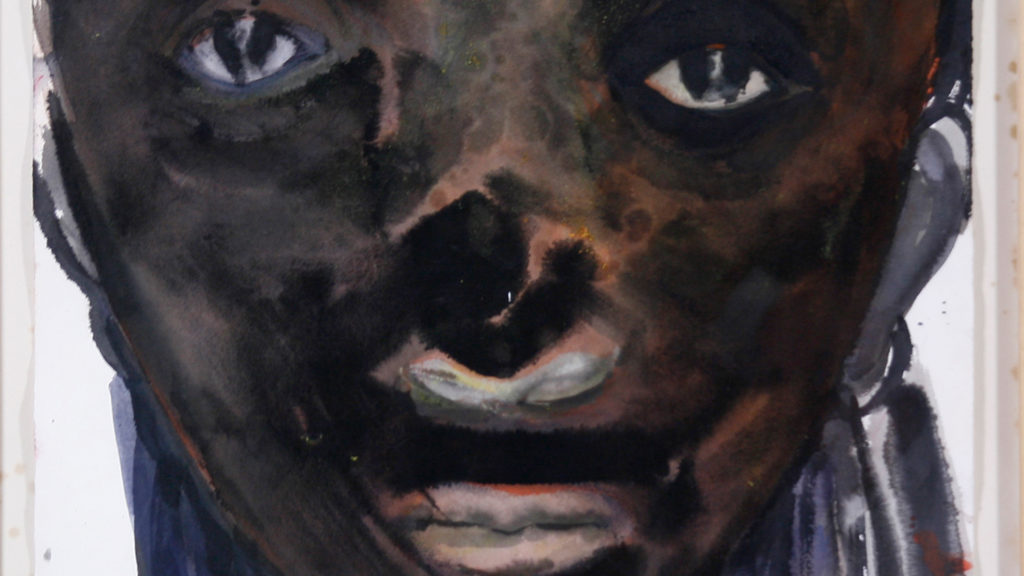
other upcoming events
7 May 2025 06.00 pm
talkItalia Amore Mioby Gianfranco Jannuzzo
11 May 2025 12.00 pm
guided toursStop DrawingArchitecture beyond Representation
14 May 2025 06.00 pm
books at MAXXIPaleoestetica. Alle origini della cultura visualeby Michele Cometa
16 May 2025 06.00 pm
stories of artLecture on greenwith Giorgio Zanchetti




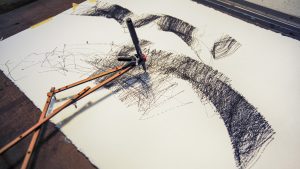

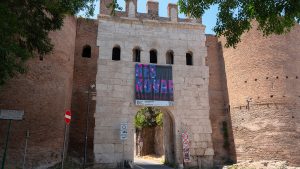

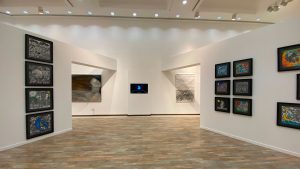


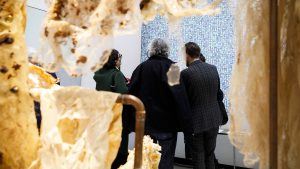
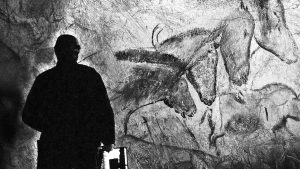






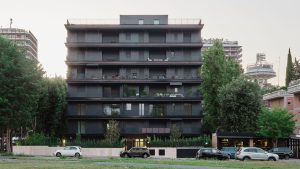





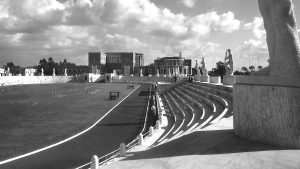
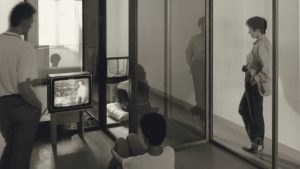


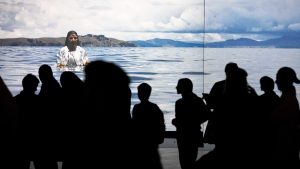









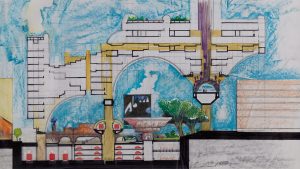
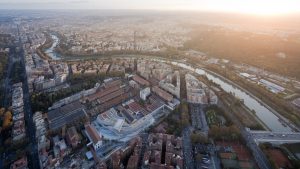
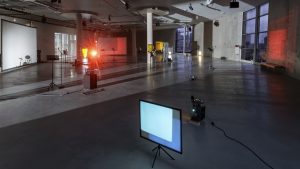

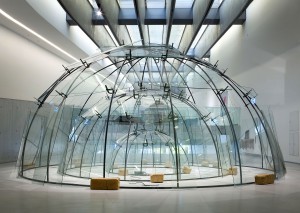
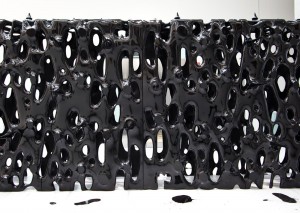
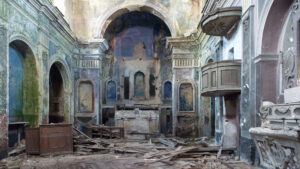

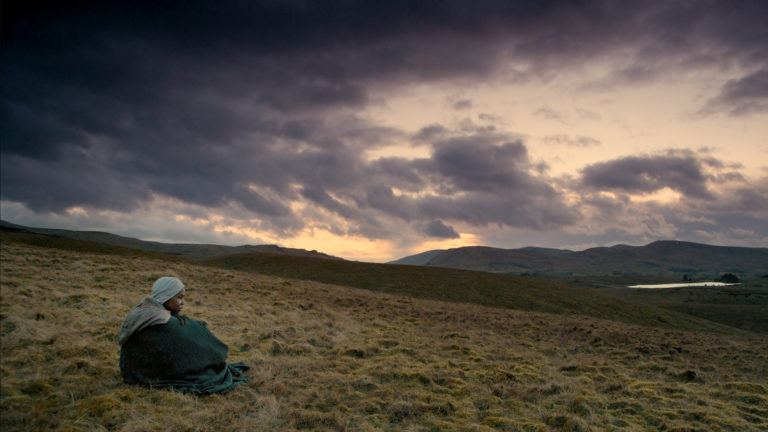
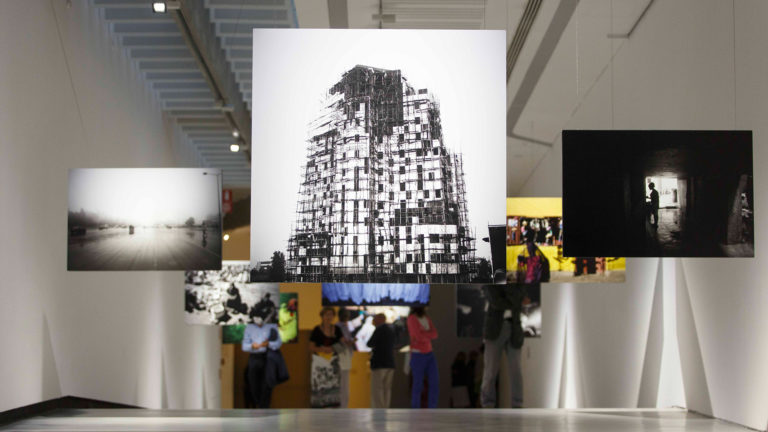
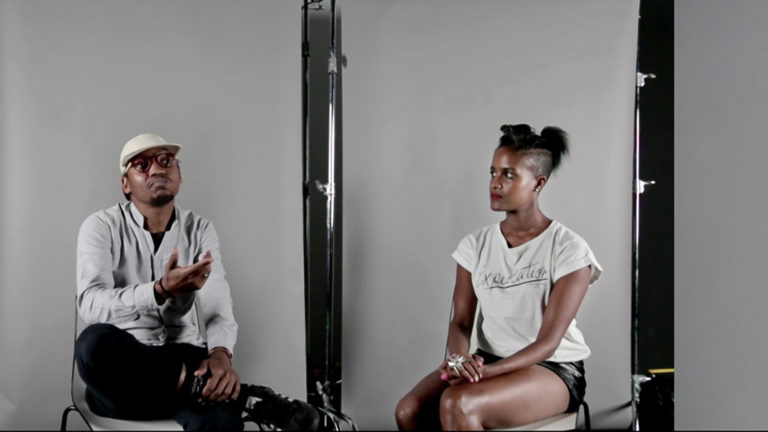
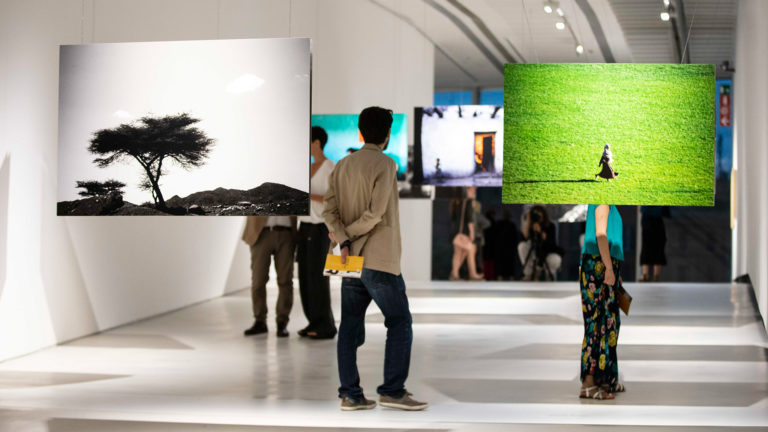

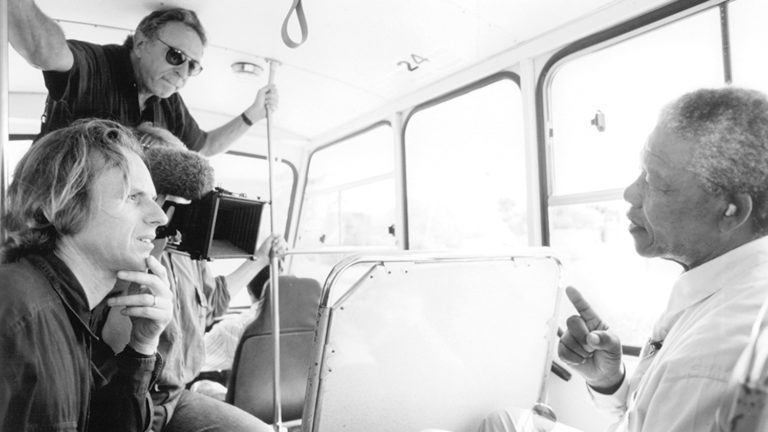
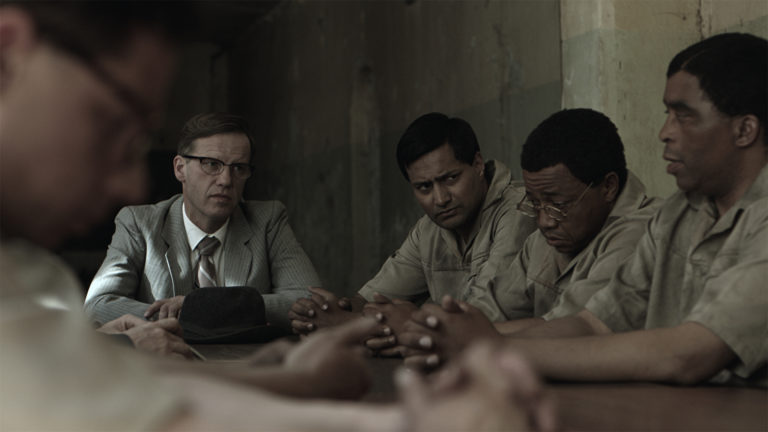
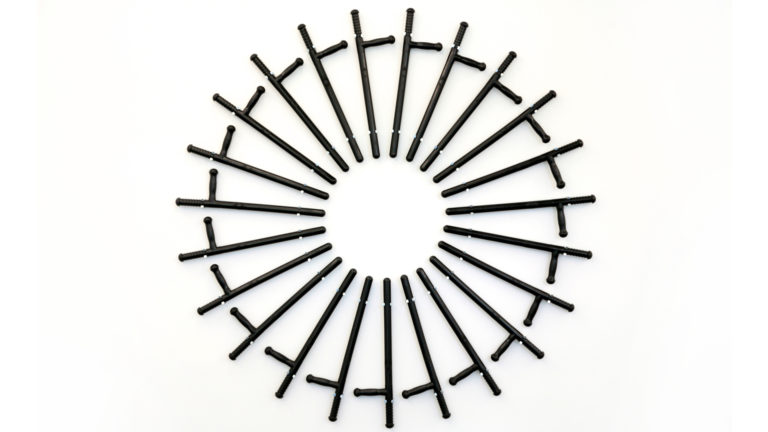



Gallery 5 – entry 5 euros – purchasing the ticket gives right to a reduced entry ticket to the museum within a week from its issuing
Free with a museum ticket and for holders of the myMAXXI card, with the possibility to reserve a seat for the first 10 to write to mymaxxi@fondazionemaxxi.it , until full capacity
A round table with historians, scholars, writers and artists to discuss the new challenges of the African continent
Between the western invention of Africa, the Black Atlantic and the colonial division of the continent, a critical triangulation can be spotted which outlines a new profile of contemporary Africa, which is no longer the mere object of European socio-political and historical-anthropological studies, but rather a source of new ideas for reflection and innovation, which can also be pinpointed in contemporary artistic production.
The critical and artistic challenges of the contemporary world entail the acknowledgement of a modern Africa requiring the dismantling of the western preconceptions that have always considered the continent as a mere object to be mapped, explained and colonised according to economic and political needs.
Introduction by
Anne Palopoli curator of the exhibition
Speakers
Giorgio De Marchis Università degli Studi Roma Tre
Maria Paola Guarducci Università degli Studi Roma Tre
Igiaba Scego writer and fellow of the International centre for humanities and social change Venice, Ca’Foscari
Alessandro Triulzi Università degli Studi di Napoli “L’Orientale”
Dagmawi Yimer registadirector
Moderator
Iain Chambers Centre for Postcolonial and Gender Studies of the Università degli Studi di Napoli “L’Orientale”
In collaboration with the Centre for Postcolonial and Gender Studies of the Human and Social Sciences Department of the Università degli Studi di Napoli “L’Orientale”